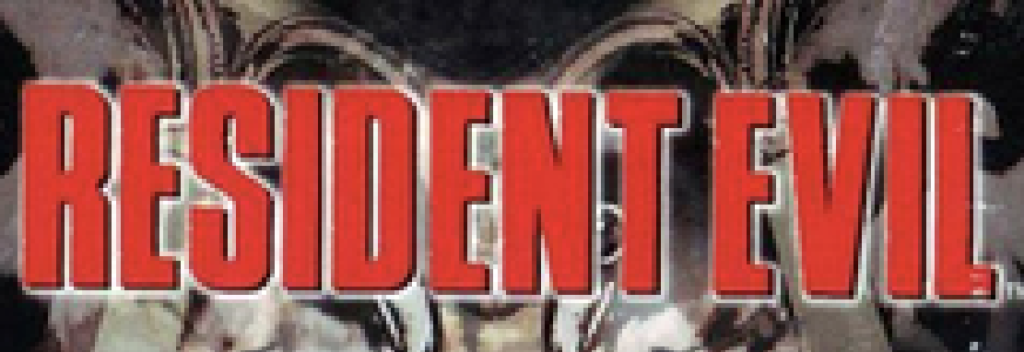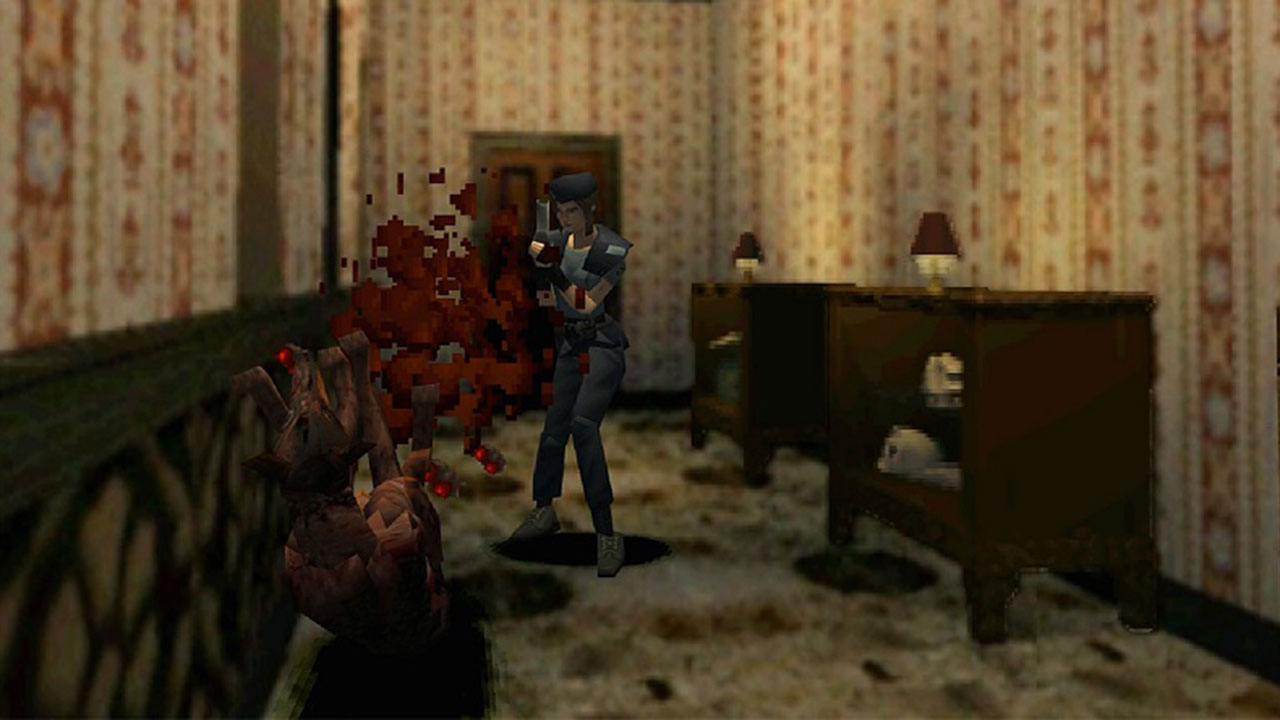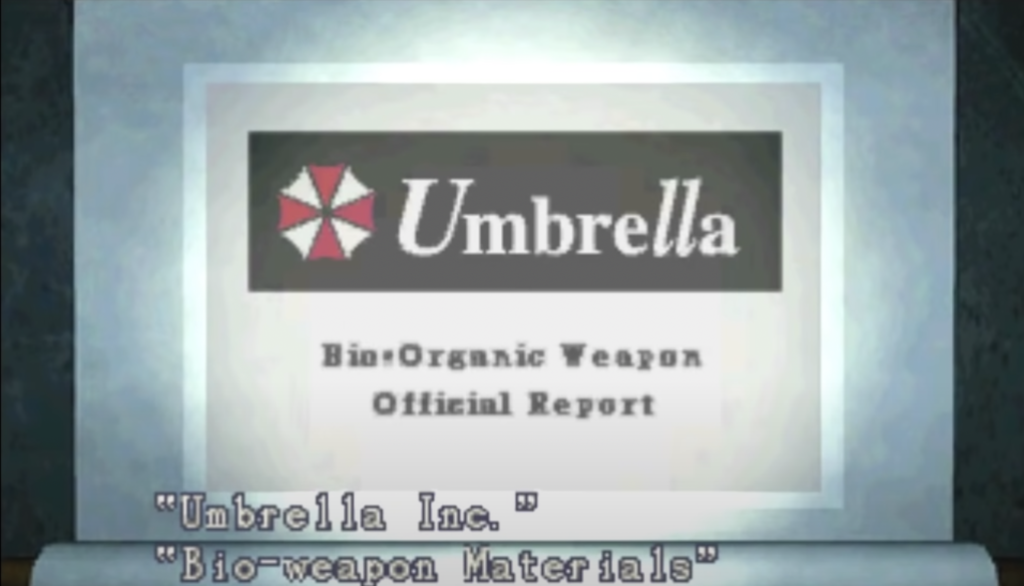
While my first experience with the Resident Evil Franchise was through the Resident Evil 5 demo on the Xbox 360, once I worked my way to Resident Evil 1 Remastered, I too was captivated by the same, albeit better looking, videogame that kickstarted it all. Released in 1998 on the PlayStation 1, the original Resident Evil was groundbreaking in its use of innovative effects and game design to fundamentally kick off the zombie and more importantly, the survival horror video game genre.
While Resident Evil was not the first game in the survival horror genre, this title goes to Sweet Home for the Family Computer in 1989. It was this game and its director, Torkuro Fujiwara that provided direct influence on Resident Evil, with Fujiwara serving as producer on RE. Because of this, many mechanics such as the famous inventory management system and the mansion setting present in Sweet Home became translated into Resident Evil. The originality of Resident Evil doesn’t come from the mechanics or the games that influenced it, however. One of the first things that captivated players of the time was its use of live action videos as its cutscenes. The game opens with a two and a half minute cutscene wherein live action actors of the main protagonists investigate a helicopter crash, only to be ambushed by zombie dogs. Coincidentally enough, the live action elements of this game were in line with the graphical advancements that Resident Evil had. Speaking of which Resident Evil was one of the first games to implement the use of pre-rendered backgrounds as environment settings. While 1992’s Alone in the Dark did just this, the hardware improvements of the PlayStation 1 allowed for the addition of a fixed camera perspective that follows the player in said environments which was a major improvement. Mechanically speaking, this element works great with the survivor horror aspects as amazing atmospheres can be crafted while retaining system memory. This in turn allows for other mechanics such as the inventory management system and various enemy types to be realized within the game without massive hinderance.

Gameplay-wise, Resident Evil is very clunky. While this might take away from the general easiness of play, it adds to the tension, therefore, improving the horror elements within the game. The uncertainty of knowing whether or not turning around to kill the zombie behind you will lead to your death is one of those moments that left the hairs on the back of my neck standing. Zombies are not the only thing that the player faces. Mutated Tarantulas, Sharks, and the final Tyrant virus variant also provide added variety to the game while also expanding the lore as to how the zombie agent, known in universe as the T-virus, works. Additionally, one of the main focuses of Resident Evil is puzzle solving, whether that be finding medallions to progress further, moving a statue so that it does not kill you, or winding a clock to a different time to reveal a secret tunnel, these puzzles serve to challenge players, elevating Resident Evil above a simple zombie game.

In addition to its groundbreaking gameplay mechanics, Resident Evil also brought with it a commentary on capitalism and modern military techniques. Through the ultimate commentary on corporate consumerism and greed through the antagonistic, Umbrella Corporation, Resident Evil was one of the first games that cemented the “Evil Corporation” trope into effect in the video game world. This would later be followed up by games such as “Perfect Dark” on the N64 and “Deus Ex” on Windows. Resident Evil’s story is unique as it is the first, if not one of the first, instances of an evil corporation/ entity being responsible for an outbreak. Further Resident Evil video games took this concept and ran with it as the Umbrella Corporation becomes the main antagonist force in the sequel. Furthermore, the concept of Umbrella manufacturing bioweapons for the United States military also adds an extra layer of critique aimed at the American Military system. Both of these themes makes for a very enriching plot and world building while also tackling important social and political issues.
